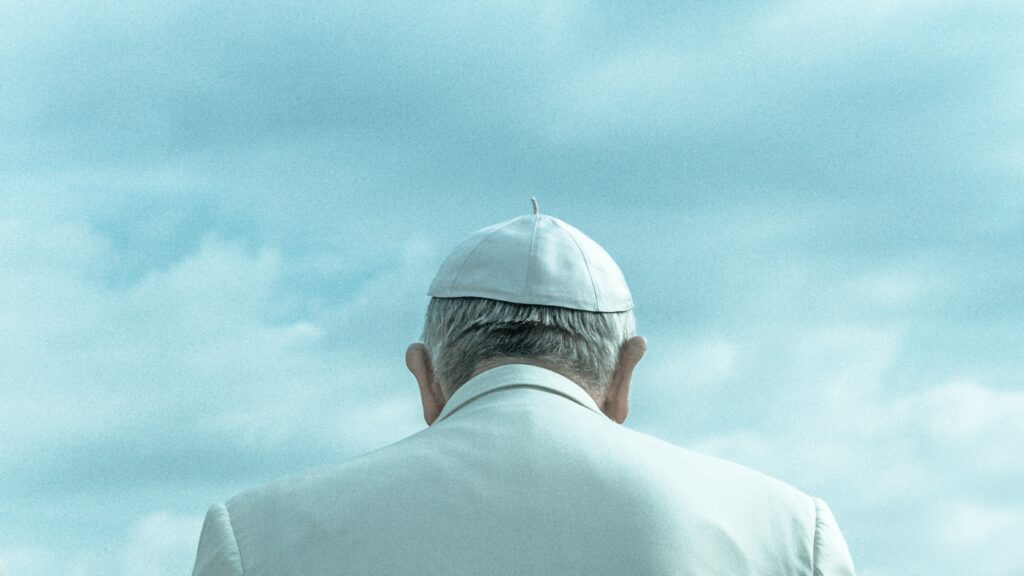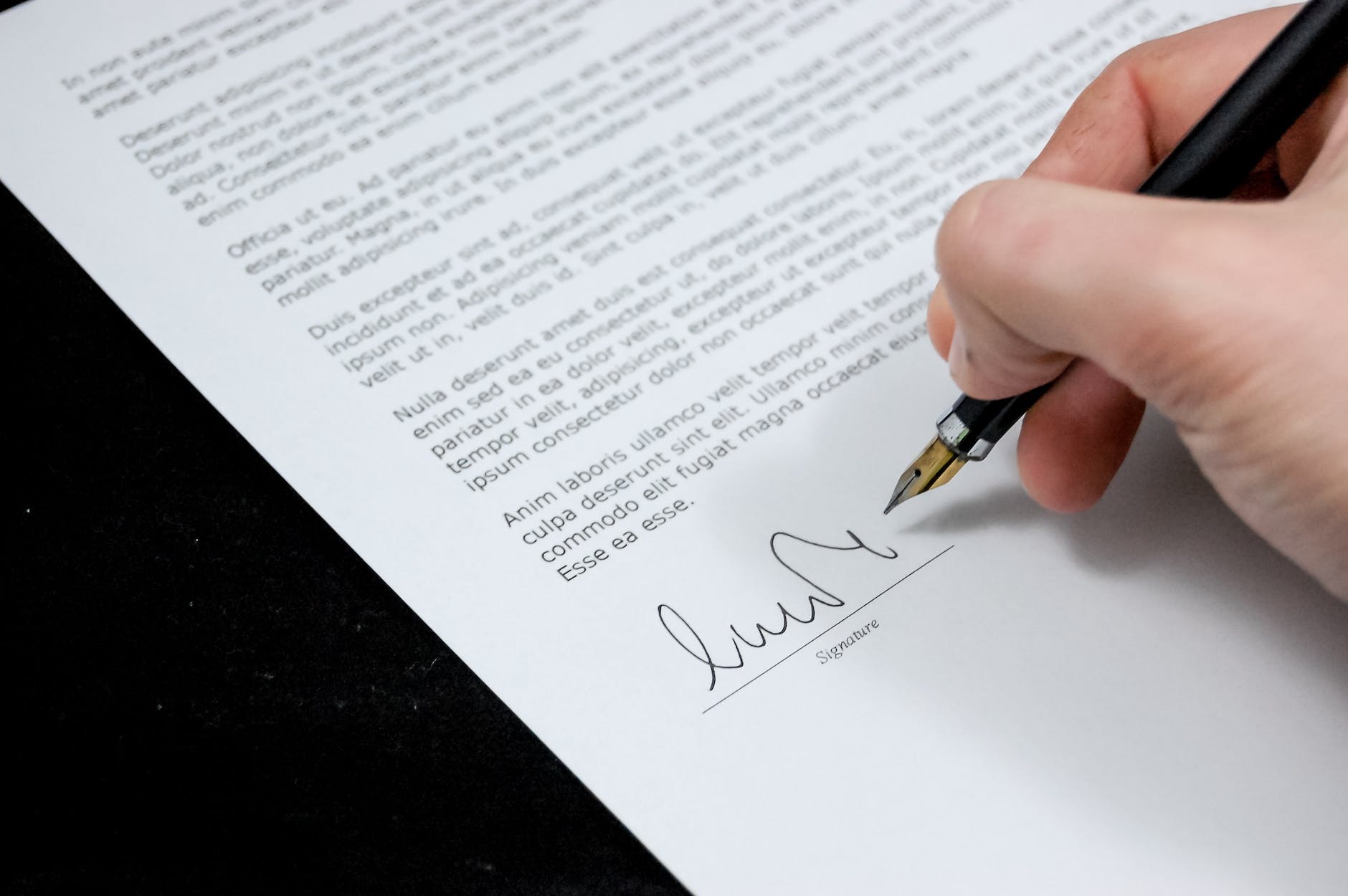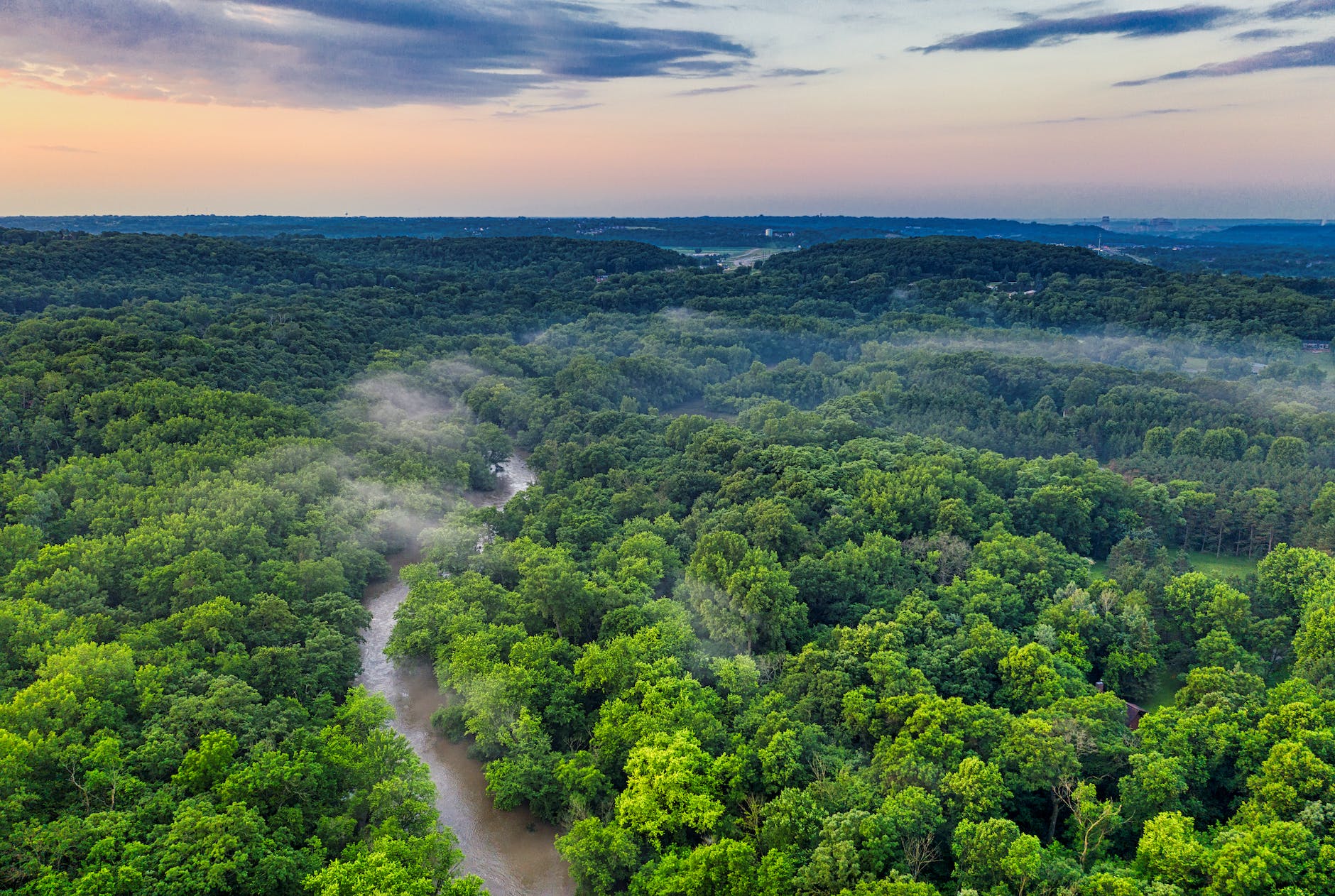In recent months, we have witnessed alarming news about relentless heatwaves, flowers blooming in Antarctica, devastating droughts and fish kills in the Amazon, and cyclones ravaging the south of the country. These events suggest, once again, that climate change has reached a tipping point. Faced with this scenario, last October, Pope Francis launched a vigorous appeal for urgent policies to avoid the devastation that threatens lives.
The Apostolic Exhortation: Laudate Deum and the Climate Crisis
In the apostolic exhortation entitled Laudate Deum – a letter about the climate crisis, Francisco reaffirms the profound reflections presented in the encyclical Laudato Si' in 2015. At that time, on the eve of the United Nations Conference of the Parties on Climate Change in Paris (COP21), the pontiff drafted a robust document, rooted in Christian tradition, in the magisterium of the Catholic Church and in dialogue with science and socioclimatic alerts. Now, the Laudate Deum highlights the centrality of the socio-environmental agenda for the Church and society, urging governments, multilateral institutions and forums such as the COPs to adopt urgent measures.
Overcoming the Technocratic Paradigm
Francisco highlights that the climate crisis is a political problem, not merely one of technological adjustments. He warns of the need to transcend the “technocratic paradigm”, based on the idea of “infinite or unlimited growth” and the “lie of the infinite availability of the planet's goods”. The Pope's concern increases given the advancement of this paradigm, now driven by artificial intelligence and new technologies, perpetuating the view that nature is a simple “resource at your service”.
Beyond Technocratic Solutions
Francisco argues that remedying the consequences of climate change with technocratic approaches is unacceptable. He calls this “homicidal pragmatism”, highlighting the need not to get stuck in the logic of superficially fixing the situation while the deterioration persists. The Pope warns that technocratic promises only fuel daily catastrophes, especially harming the impoverished, deceived by the illusions of development, mining and fossil fuels.
A Just Energy Transition
For a fair, efficient and courageous energy transition, Francisco highlights the incompatibility between exploring oil at the mouth of the Amazon and achieving such a transition. It argues that belief in artificial intelligence and good intentions does not justify the continuation of oil exploration. The abandonment of fossil fuels will not result in massive unemployment, contrary to current discourse. The Pope highlights that, due to climate change, thousands of people are already losing jobs and being forced to migrate.
The Call to Action
Pope Francis' appeal, launched before the Climate Conference in Dubai (COP 28), should be taken seriously by the Brazilian government and public and private companies. He urges politicians and businesspeople to immediately get involved in policy decisions, rather than relying on technological solutions that do not effectively address the climate crisis.
An ancient papal appeal
Beyond the encyclical Laudato Si' In 2015, Pope Francis has been speaking out regularly about the urgency of climate change. In 2021, on the eve of the United Nations Conference on Climate Change (COP 26), the pontiff highlighted the importance of responsibility and solidarity of Italian parliamentarians and the European Union. During a meeting promoted by the Italian Chamber of Deputies, Francisco urged the creation of wise and fair laws, transcending political barriers, to face the climate emergency. The Pope highlighted the need for immediate action, stating that such measures are owed to future generations. This appeal, in line with its constant environmental concerns, highlights its continued engagement in the search for effective solutions to the global climate crisis. This consistent approach reinforces the Pope's position as a prominent voice in defense of the environment.
REFERENCES
Laudato si' (May 24, 2015) | Francis (vatican.va)
Pope calls for urgency in creating laws to combat global warming | SEE (abril.com.br)




